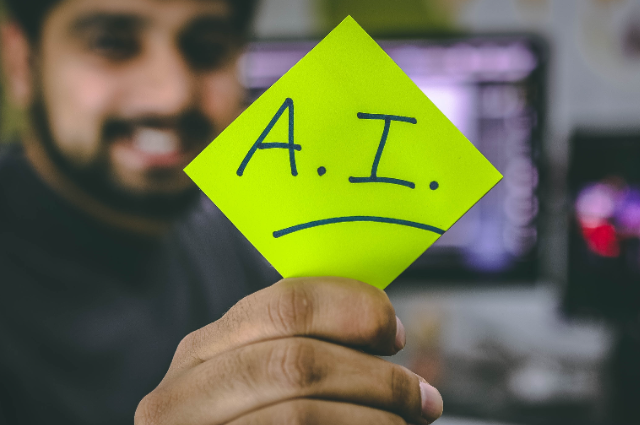
Photo by Hitesh Choudhary on Unsplash
The Global Partnership on Artificial Intelligence (GPAI) Summit, a grouping of 29 member nations including the European Union, on Wednesday announced the adoption of the New Delhi Declaration.
According to the Union Minister of State for Information Technology (IT) Rajeev Chandrasekhar said that the declaration agreed to collaboratively develop AI applications in healthcare and agriculture, as well as include the needs of the Global South in the development of AI.
Adding to it the declaration also saw participating nations agree upon using the GPAI platform to create a global framework on AI trust and safety, and make AI-based solutions and benefits available for all. India also pitched to host a GPAI Global Governance Summit to finalize the proposed framework, in six months.
29 countries of the GPAI have on a consensus adopted the New Delhi Declaration, which promises to position GPAI at the front and center of shaping the future of AI in terms of both innovation and creating collaborative AI between the partner nations. Countries agreed to create applications of AI in healthcare, agriculture, and many other areas that concern all our countries and all of our people. Expansion of AI in our lives is been targeted to bridge the Digital Divide too.
Visiting delegations at GPAI included Jean-Noel Barrot, minister of digital affairs for France; Hiroshi Yoshida, vice-minister of internal affairs for Japan; and Viscount Jonathan Camrose, minister of AI and intellectual property for the UK.
Japan was congratulated on setting up an expert support centre alongside the centres in Canada and France. The presidency of India in GPAI shall lead to discussions between various experts on AI and will lead accordingly to the development of a policy. Extension of reach and ability centres is what is being targeted in the policy frameworks.
Both Yoshida and Camrose stressed upon the need for inclusivity as a key part of GPAI’s role in the global development of AI. Yoshida added that the body wants to “encourage more developing countries to join GPAI."
Following the Summit, the Centre shall reveal their policy decisions on AI while the meeting on global safety concerns with respect to AI will be held in Korea in mid-2024.
India's policy towards AI is simultaneously both a type of innovation and also to install guardrails to check its unprecedented growth.
Generally, governments have lagged behind innovations and have left AI unregulated for a couple of years. Big commercial powers such as Big Tech firms are using the situation to their advantage. There has been a lack of global understanding of AI's Concerns and Consequences and that's what countries need to work upon.
Global regulatory concerns for missiles or nuclear weapons are focused generally.
There have been global restrictions on the prevailing technologies of the past. AI also has been warned of it's serious repercussions, such as it can be radioactive if it is used by bad actors. Incentives to realize a common good from technology are crucial as good actors can also end up using it for bad things. Hence, no single country can work to make this cyberspace safe and that calls for a global legal framework.
Narendra Modi said that the development of AI will include humanitarian and democratic values.
“AI will have to be made all-inclusive and it will have to imbibe all ideas. The more its journey is inclusive, the better the results. The direction of AI development will depend on human and democratic values. It is up to us to keep a place for emotions along with efficiency, ethics, and effectiveness," Modi said.
. . .
References:
- gpai.ai
- livemint.com
- wionews.com
